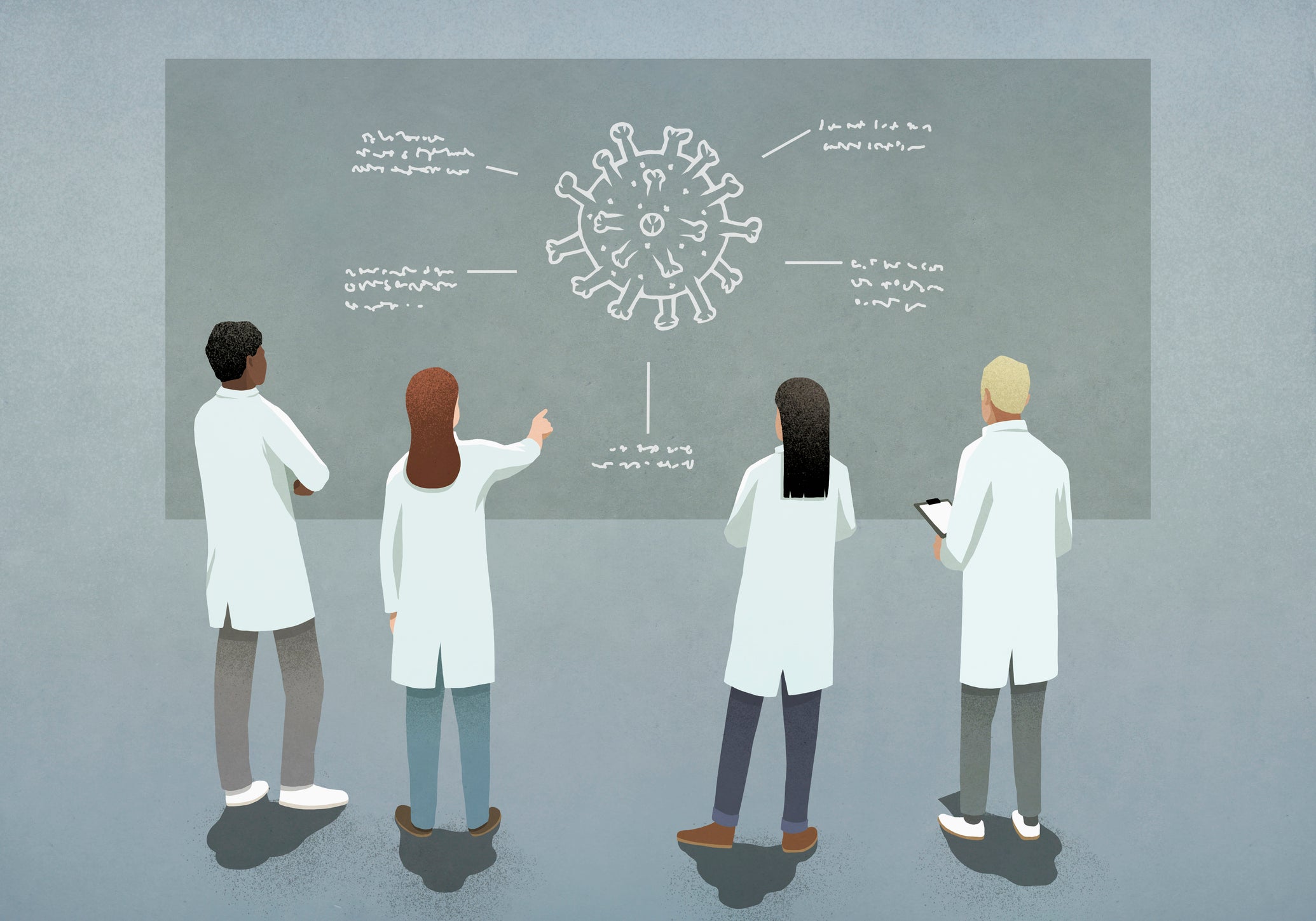
Criticism of the gulf between pharmaceutical production costs and list prices is certainly nothing new in the industry, with pharma representatives defending high list prices in a number of ways, including the cost of innovation and failed trials, as well as the list prices rarely reflecting what health systems and insurers actually pay for them.
In the midst of a global pandemic, however, the tension around this perennial sticking point is heightened, particularly in the US, whose free market-oriented healthcare system has been criticised, from within as much as without, as unaffordable for many Americans.

Discover B2B Marketing That Performs
Combine business intelligence and editorial excellence to reach engaged professionals across 36 leading media platforms.
This is further complicated by the immense public expenditure that is being generated in response to the threat of coronavirus. Starting on 4 May, the EU is leading a pledging campaign that it hopes will raise an initial €7.5bn from its member states and global partners to beat the virus, while the European Commission is separately spending hundreds of millions of euros to finance research into new vaccines, treatments and diagnostics. Virtually every Covid-19 vaccine candidate in development is the result of public-private partnerships and publicly-funded early science.
This level of taxpayer-funded support, much of which will directly or indirectly benefit pharma firms’ research efforts, has been enthusiastically championed by sections of the industry. In an interview with the Financial Times, Sanofi Pasteur executive vice-president David Loew argued that billions of dollars in public investment would need to be marshalled against Covid-19, particularly to under-write purchases of experimental vaccine candidates for further development, while Takeda CEO Christophe Weber said the scale of investment and the risk involved was too much for any one company to bear.
“Society will have to finance this huge investment,” Weber said. “My fear is the same as after the [2009] flu pandemic, when everybody loses interest.”
Public funding, public interest?
Academics and medicines access campaigners have long argued that pharma firms developing drugs that have previously received public funding should face more stringent requirements on access and affordability.

US Tariffs are shifting - will you react or anticipate?
Don’t let policy changes catch you off guard. Stay proactive with real-time data and expert analysis.
By GlobalData“The government grants exclusivity to pharmaceutical companies to conduct later-stage drug development on publicly funded inventions, without requiring that these drugs be widely affordable or accessible,” wrote University College London professor Mariana Mazzucato and Open Society Public Health Program senior program officer Azzi Momenghalibaf in a March opinion piece for the New York Times. “These exclusive licenses allow drug companies to enjoy a monopoly and charge exorbitant prices for medical technologies developed with public funds.”
The editorial was partly prompted by certain language in the $8.3bn US coronavirus spending bill, which was passed in early March with around $3.1bn committed to drug and vaccine development, as well as scaling up manufacturing capacity. According to reports, initial plans to allow the government to remove intellectual property rights from products deemed too expensive were scrapped after pharma industry lobbying, while a provision was added stipulating that the government would take no action against companies over pricing concerns if it would “delay the development of such products”.
“Companies can claim that anything that reduces the price reduces incentives to invest in more rapid development, and litigate that issue,” wrote Knowledge Ecology International director Jamie Love in a March blog post.
International action on global access
Internationally, there is no shortage of joint commitments to fair and equitable access to Covid-19 treatments and vaccines. On 24 April, the World Health Organization (WHO) brought together the heads of state of 11 countries, as well as representatives from health organisations and the pharma industry, to launch the Access to Covid-19 Tools Accelerator, a global collaboration to accelerate the development and “equitable distribution” of vaccines, therapies and diagnostics targeting Covid-19.
Agreements such as WHO’s accelerator initiative can certainly set the framework for fair access to much-needed pharmaceutical products, but for a challenge as complex as ensuring equitable distribution of novel medicines and technologies amid a global pandemic, the devil is in the details, and the key issue of pricing remains a potential sticking point between public and private sectors.
In March, Costa Rican President Carlos Alvarado Quesada proposed a WHO-administered voluntary pool for coronavirus-related intellectual property rights, whereby innovative medical products can be made accessible to all member states through a shared system, either for free or through “licensing on reasonable and affordable terms”.
The proposal, which was echoed by the EU in a draft resolution to the WHO in April, could potentially ensure equitable access while providing an alternative to the sledgehammer option of compulsory licensing, which many states are considering. But with the US suspending funding for the WHO amid an unrelated dispute over the agency’s alleged ‘China-centric’ approach, building any definitive global consensus on access and pricing issues will be a significant challenge, even amid the urgent needs of a population stricken by an unprecedented health threat.




